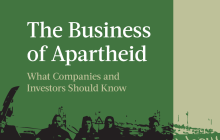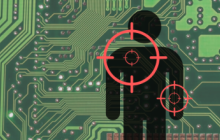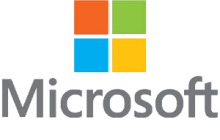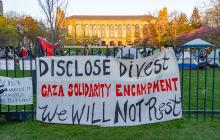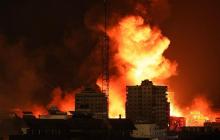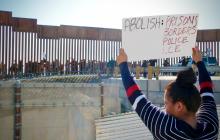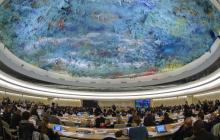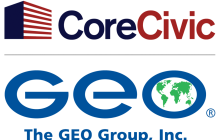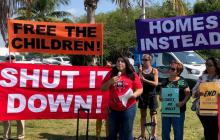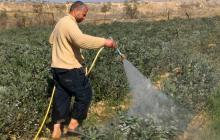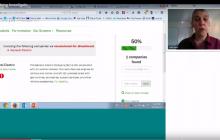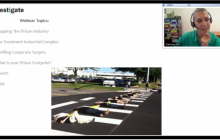This report spotlights the role of business enterprises, including State-owned companies, in Israel’s apartheid regime, and provides guidance for businesses and investors when considering their operations and activities. It is also meant to be used as a tool for individuals and groups who want to advocate for business respect for human rights and an end to complicity in apartheid—whether it be via divestment campaigns, government advocacy, or other actions.
Updates
Amidst mounting pressure from human rights groups, its own employees, shareholders, and other stakeholders, Microsoft has blocked Israel’s largest military intelligence unit from using its Azure cloud platform and certain AI services.
At least 60 Microsoft shareholders, collectively representing more than $80 million in MSFT shares, filed a shareholder proposal at Microsoft Corporation. The proposal was brought by the Religious of the Sacred Heart of Mary and calls on Microsoft to publish a report assessing the effectiveness of its human rights due diligence processes. Specifically, it requests that Microsoft evaluate whether its AI and cloud technologies are being misused by customers, such as military entities, to commit human rights abuses or violations of international humanitarian law.
This week, a group of organizations released a new online resource documenting violations of U.S. and international law committed by Israel.
Over the last two weeks, students across the United States have initiated protests and campus occupations demanding that their colleges and universities divest from companies profiting from Israel’s brutal war on Gaza. The American Friends Service Committee – a Quaker organization that has worked in Gaza for decades – voiced support for the students and provides a divestment list and other resources.
2025 update: This resource is now updated as part of the larger Investigate database here.
A new resource is tracking the companies that have provided Israel with the weapons it is using in its recent attacks on the Gaza Strip. The page will be updated regularly as new information comes to light.
The world we live in has been transformed by the internet, social media, big data, and artificial intelligence. These technologies have enriched our lives, but they can easily be used for mass surveillance and repression. We must demand from governments and high-tech companies to guard our basic freedoms.
The U.S. government's "Zero-Tolerance" policy on immigration created a surge in the number of children that are locked up in detention facilities. The largest migrant youth detention facility in the U.S. is the Homestead detention center in Florida. It holds at least 2,000 children and is the only for-profit migrant youth detention facility to date.
UPDATE: On April 9, 2019 Airbnb announced that it "will not move forward with implementing the removal of listings in the West Bank," reversing the company's announcement from last November. The following text reflects the situation before the April 2019 announcement, but our analysis still holds, despite Airbnb's decision.
-------------------------------------------------------
After becoming a franchisee of Europcar, Europe’s leading car rental company, Israeli company Albar terminated its businesses in the occupied West Bank. Europcar thus joins other multinationals that have ended operations in illegal Israeli settlements in the occupied Palestinian territory in recent years.
U.S. Corporations Complicit in Operation Protective Edge
The following is a list of corporations complicit in the 2014 attack on Gaza called Operation Protective Edge. If you are interested in organizing economic activism campaigns in response to the attacks, these are companies to target.http://afsc.org/resource/us-corporations-complicit-current-attacks-gaza

